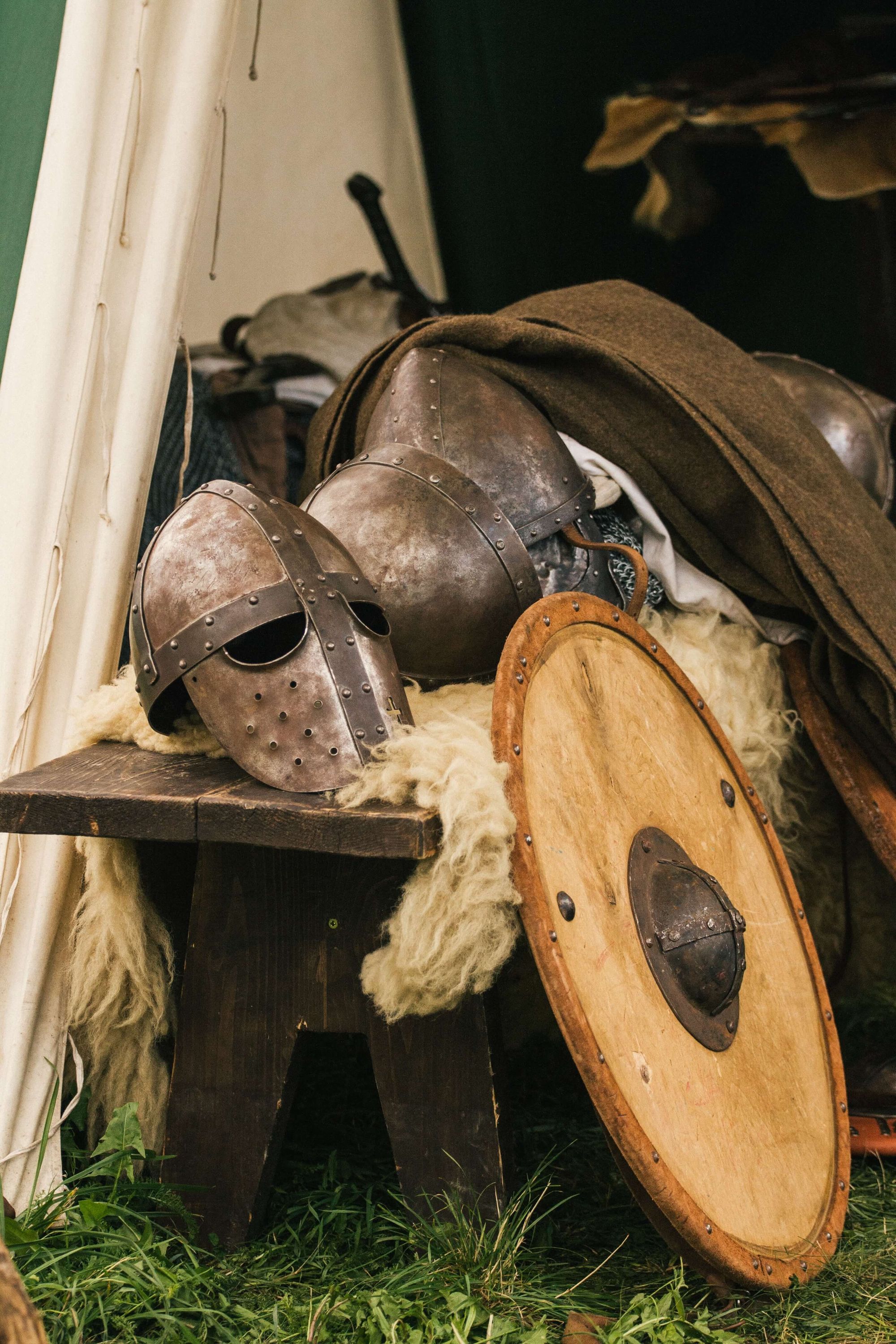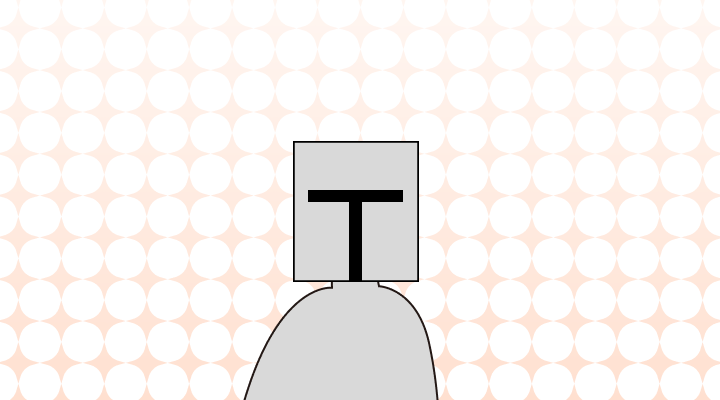- What is the difference between armor and armour? The difference between "armor" and "armour" lies in regional spelling conventions.
- "Armor" is the American English spelling, while "armour" is the British English spelling. Both terms refer to protective covering, such as that worn by knights or used in military vehicles.
🛡 The medieval knight donned a suit of shining armor, preparing for the impending jousting tournament where his protective gear would play a crucial role in the fierce competition.
🛡The medieval knight donned a suit of shining armour, preparing for the impending jousting tournament where his protective gear would play a crucial role in the fierce competition.
In this sentence, "armor/armour" refers to the protective covering worn by the medieval knight. It includes various metal components such as a helmet, breastplate, and greaves, serving to shield the knight from potential injury during the jousting tournament.

In this blogpost, a survey was conducted on the preferred use between "armor" and "armour." In the United States, "armor" is favored over "armour" by a ratio of 62 to 38. In the United Kingdom, the preference leans towards "armour" at a ratio of 66 to 34 over "armor."
When to use armor/armour?
The term "armor/armour" typically refers to protective covering worn by soldiers, warriors, or other individuals for defense during combat or in dangerous situations. Here are some situations in which you might use the term "armor/armour":
Military Context:
- Soldiers wearing protective gear: "The infantry advanced with their armor/armour clinking as they moved."
- Tanks and vehicles with protective plating: "The tank's armor/armour resisted enemy fire."
Historical or Fantasy Settings:
- Describing medieval knights: "The knight wore a suit of shining armor/armour."
- In fantasy literature: "The dragon's scales acted as natural armor/armour against attacks."
Modern Usage:
- Figurative use to describe protection or resilience: "She developed emotional armor/armour to cope with life's challenges."
Video Games and Role-Playing:
- Referring to protective equipment in gaming: "Equip your character with the best armor/armour for enhanced defense."
In general, "armor/armour" is used when discussing protective gear, whether it be in a military, historical, fantasy, or metaphorical context.
Examples from the web
Armor
"According to Robert Bishop's and Jacqueline M. Atkins's Folk Art in American Life (1995), quilting "became known in Europe during the Crusades, when it was learned that the Turks wore several thicknesses of fabric quilted together under their armor." - Encyclopedia Britannica
"Kylo has his own Knights (like an evil Knights of the Round Table)......Which wear medieval-style armor and helmets." - Independent
"That reaction helps to explain why the heavily armed police in Ferguson, Missouri who looked more threatening and wore more tactical armor than U.S. servicemen in Iraq were unsuccessful." - The Economist
Armour
"In addition, the government is looking at what British gear, such as night-vision goggles and body armour, it could send directly to the country to boost the Kurdish Peshmerga fighters." - The Guardian
"Twenty-five mintoes inthethe first of a week of city-wide lockdowns, officers in full body armour advanced on a crowd that had gathered throughout the day in the sunshine at an intersection in west Baltimore." - The Guardian
Remember the difference by recognizing regional variations: "armor" is the American English spelling, while "armour" is British and some other English variants. Visualize the "u" in "armour" as a nod to UK English. Choose the spelling consistent with the English variety you are using.
Synonym/Related Phrases
Protective Gear
- Example: The soldier equipped himself with full protective gear before entering the combat zone.
Defensive Attire
- Example: The medieval knight donned his defensive attire, ready to face adversaries on the battlefield.
Fortification
- Example: The fortress had formidable fortifications, making it nearly impervious to enemy attacks.
Shielding Equipment
- Example: The police officers wore shielding equipment to ensure their safety during the riot.
Armored Clothing
- Example: The advanced armored clothing provided both protection and flexibility for the special forces unit.
Common Idioms/Phrases
- Suit of armor
- Stand your ground
- Bulletproof plan
- Ironclad agreement
- Steel yourself
- Hard as nails
- Have a thick skin
- Walk through fire
FAQ
Is it under armor or armour?
The sports brand is called Under Armour.
Summary
Explore the intriguing linguistic variations in the use of "armor" and "armour" across regions. From American English's straightforward "armor" to British English's traditional "armour," delve into the historical, cultural, and linguistic influences shaping these distinctions, reflecting the richness of the English language's evolution.

Want to sound like a native speaker?
Engram’s AI-powered grammar checker makes your English sound like a native speaker’s, suggesting natural English expressions on top of fixing grammar, spelling, punctuation, word order, and vocabulary.

References:














